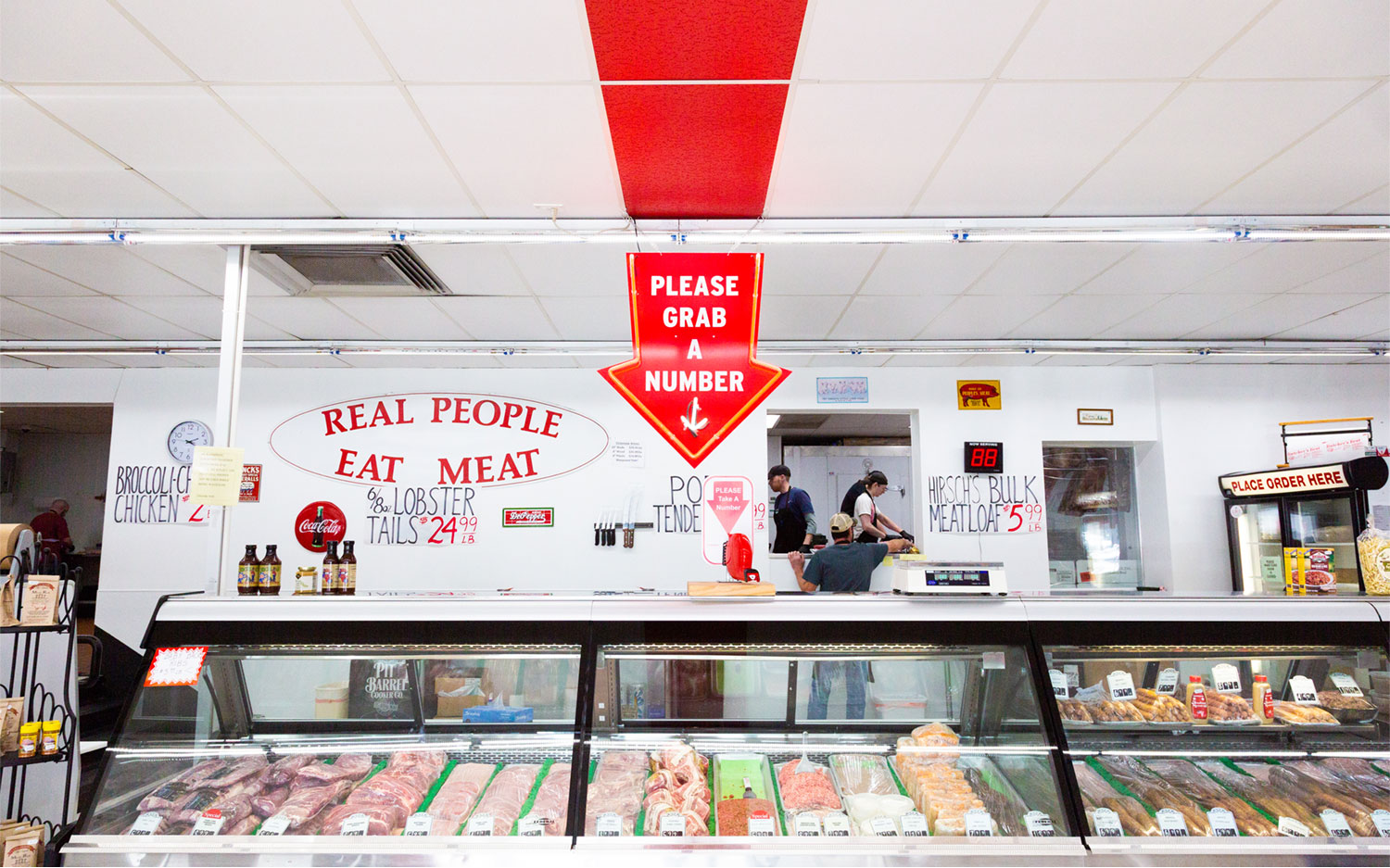Find Unique, Handcrafted Products at Farmers Market Edwardsville IL
Find Unique, Handcrafted Products at Farmers Market Edwardsville IL
Blog Article
Why Shopping at a Farmers Market Sustains Regional Farmers and Your Community
Buying at a farmers market works as a tangible methods of supporting local farmers while at the same time strengthening the economic fabric of your community. By participating in these marketplaces, consumers add to a sustainable farming ecological community that prioritizes fresh, top quality fruit and vegetables and promotes direct partnerships between buyers and growers. This technique not only grows a feeling of area but also encourages the preservation of regional food traditions. Understanding the broader effects of these communications can expose just how relatively simple options at a farmers market can resonate throughout the entire area. Think about the effect this carries local economic climates and food systems.
Financial Benefits of Farmers Markets

Farmers markets dramatically add to local economies by promoting straight sales between producers and customers. Such reinvestment not just boosts performance however also suffers neighborhood farming tasks.
Additionally, farmers markets promote financial activity within the bordering neighborhood. By attracting customers that might additionally purchase from neighboring businesses, these markets help to develop a vivid neighborhood ecosystem. The increase of buyers encourages foot website traffic, which profits shops, dining establishments, and coffee shops, ultimately causing a multiplier impact that strengthens the overall economy.
Additionally, farmers markets often work as a platform for small business owners and artisans, allowing them to showcase and sell their items. This diversity of neighborhood offerings can improve neighborhood identity and pride. Several markets approve alternate forms of settlement, such as food stamps or coupons, making certain that fresh fruit and vegetables is available to a more comprehensive group, therefore promoting financial inclusivity. In general, the financial benefits of farmers markets prolong far past straight sales, cultivating a robust and resistant local economic situation.
Quality and High Quality of Produce
The exceptional freshness and high quality of produce located at farmers markets are essential variables that attract consumers seeking tasty and healthy and balanced choices. Unlike grocery store offerings, which often go through long transport times and storage durations, the fruits, vegetables, and various other items readily available at farmers markets are typically gathered simply days or perhaps hours before being marketed. This immediacy makes certain that the nutrients, taste, and structure are protected, giving an exceptional cooking experience.
Moreover, farmers markets typically include seasonal produce, enabling customers to appreciate vegetables and fruits at the height of their ripeness. This not only improves the taste yet likewise encourages the consumption of a varied series of foods, promoting a much more balanced diet. Neighborhood farmers take pride in their growing techniques, commonly utilizing lasting techniques that boost the high quality of their fruit and vegetables. Numerous also offer organic choices, enabling health-conscious consumers to make informed selections.
The direct connection between the farmer and the customer at these markets cultivates transparency regarding farming techniques, better ensuring consumers of the quality of their acquisitions. Because of this, customers can with confidence sustain their health and wellness while delighting in the abundant flavors that come from local, fresh harvested produce.
Structure Area Relationships
Neighborhood connections grow at farmers markets, where local producers and customers engage in purposeful interactions. farmers market edwardsville il. These markets serve as dynamic community centers, promoting links that expand beyond mere transactions. Shoppers have the unique possibility to fulfill the really farmers who expand their food, helping with a deeper recognition for farming techniques and the obstacles dealt with by neighborhood producers
This direct interaction constructs trust fund and loyalty, making it possible for consumers to sustain the extremely people who contribute to their area's economy and vigor. These interactions often lead to the sharing of expertise regarding seasonal produce, food preparation ideas, and sustainable methods, enhancing the neighborhood's collective understanding of food systems.
In addition, farmers markets produce a sense of belonging, as people from varied histories come with each other to celebrate regional culture and shared worths. Eventually, buying at farmers markets is not simply about purchasing food; it is about nurturing community bonds that add to a durable and growing local ecosystem.
Encouraging Sustainable Practices
At farmers markets, sustainable methods are not only urged however actively advertised, producing a platform for ecologically mindful usage. useful reference These markets typically include regional farmers who make use of chemical-free farming techniques, which substantially reduce the reliance on artificial chemicals and plant foods. By prioritizing organic farming, they add to healthier environments and promote soil wellness, making sure that the land can sustain agricultural practices for future generations.
Additionally, numerous farmers at these markets accept sustainable practices such as plant turning and permaculture techniques, which enhance biodiversity and minimize soil erosion. The focus on seasonal produce likewise decreases the carbon footprint linked with moving food over long ranges, promoting a more lasting food system.

Sustaining Regional Food Systems

Supporting local food systems also reduces the carbon impact connected with moving food over fars away. When consumers buy straight from neighborhood farmers, they minimize the requirement for substantial supply chains, thereby conserving energy and resources. In addition, farmers markets commonly motivate lasting farming methods, as neighborhood manufacturers are much more most likely to prioritize eco-friendly techniques to interest their neighborhood.
Moreover, by purchasing local food systems, consumers add to the resilience of their areas. A robust neighborhood food network can endure outside pressures and financial changes, making sure a secure food supply. Ultimately, purchasing at farmers markets not just sustains local farmers yet additionally improves the total health and wellness and sustainability of the neighborhood's food community.
Conclusion
Shopping at farmers markets plays an essential function in boosting and sustaining regional farmers neighborhood durability. By focusing on local fruit and vegetables, these markets contribute to financial stability, promote lasting farming methods, and foster social links among community members. The direct relationship in between consumers and neighborhood producers not only makes sure access to fresh, check my site high-quality food but additionally enhances neighborhood food systems. Ultimately, engagement with farmers markets grows a vivid, interconnected area that values economic and environmental sustainability.
Buying at a farmers market offers as a concrete means of supporting local farmers while all go to website at once bolstering the economic textile of your community. By focusing on local sourcing, farmers markets help maintain regional agricultural variety and advertise the intake of seasonal produce, which in turn enhances neighborhood economies.
Inevitably, shopping at farmers markets not just supports local farmers yet also improves the overall health and wellness and sustainability of the community's food environment. (farmers market edwardsville il)
Buying at farmers markets plays an important role in enhancing and sustaining regional farmers community durability. The straight connection in between consumers and regional manufacturers not only makes certain access to fresh, premium food yet additionally strengthens regional food systems.
Report this page